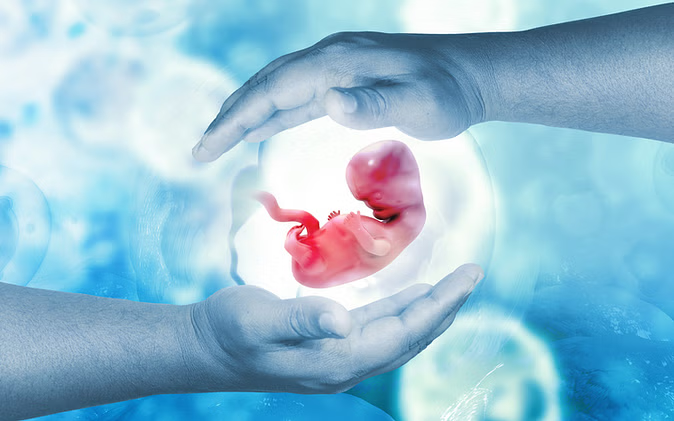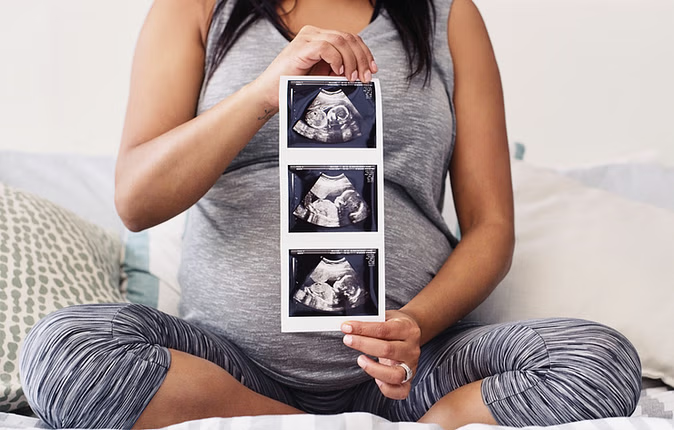The eyes of the world are fixed on the ongoing Paris Olympics 2024 in France. Indian players are also giving their best performance. However, apart from sports, this Olympics has also been surrounded by controversies due to some reasons. In fact, on Thursday (August 1), a boxing match took place between Italy's Angela Carini and Algeria's Iman Khelif, in which Iman Khelif defeated her opponent Angela in just 46 seconds.

The controversy is about Iman Khelif, who is considered a 'biological male'. Iman Khelif was disqualified after failing a gender test at the 2023 World Championships, after which his presence in Paris has been a topic of discussion.
This matter has now made international headlines. Once again questions have started arising about whether athletes with differences in gender development (DSD) should participate in the women's event. Iman Kheleef also has the 'problem' of DSD. Let's know about this disorder.
What is Disorders of Sexual Development?
Disorders of Sexual Development (DSD) is a condition in which a person has characteristics of both sexes (male and female). Studies have found that DSD can occur due to differences in chromosomes, gonads (ovaries or testes), or genitals. Children who have this disorder may have some congenital conditions.
Having male chromosomes (XY) but female genitals.
Similarly, some may have male genitals despite having female (XX) chromosomes.
Some children may have both ovaries and testes.
Having DSD does not mean something is 'wrong'
In medical terms, DSD is also known as an "intersex" condition. Intersex refers to people whose chromosomes, genitals, or reproductive organs do not fit into the male/female gender binary.

Health experts say that having a DSD does not mean that there is something "wrong" with you. It simply means that you have developed differently from other people or your peers. Most people with disorders of sexual development lead normal lives with proper diagnosis and treatment.
What are the causes of disorders of sexual development?
Studies have found that there can be many causes of disorders of sexual development. Genetic mutations can be the main reason for this. Apart from this, developmental problems during the development of the fetus, such as the organs not forming properly, can also be the cause. Some types of hormonal problems, such as the child not producing enough hormones or responding to them as expected, can also cause these problems.
Some studies also say that some hormonal disorders or medicines during pregnancy can also cause DSD in children.
Is treatment necessary?
People diagnosed with disorders of sexual development may require some treatment depending on the symptoms and complications. Hormone replacement therapy may be needed to prevent osteoporosis or to promote puberty due to problems caused by DSD. Surgery may also be needed to correct any disorders in the genitals.
(PC: ISTOCK)










